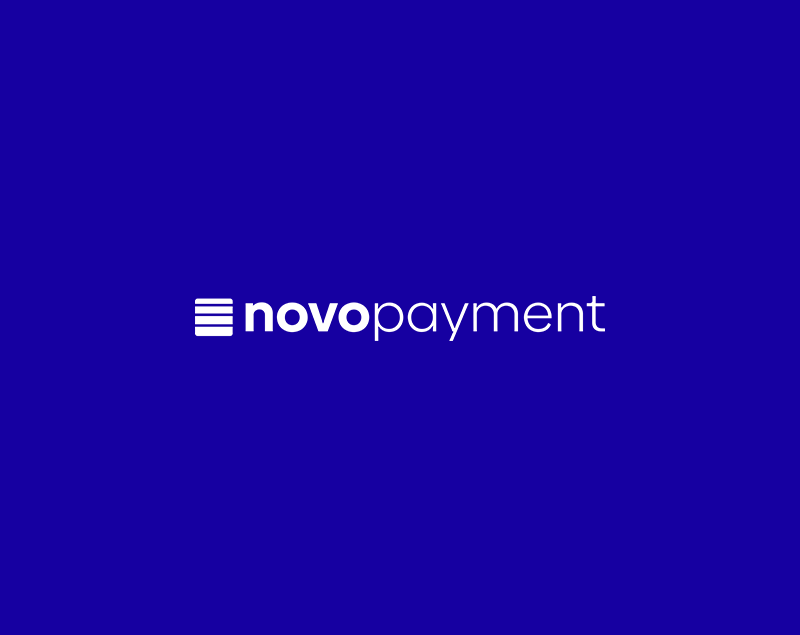Real-Time Payments: The Catalyst for Financial Inclusion
Real-time payments (RTP) are changing the way we transact as individuals and as players in today’s digital economy. Available in the US since 2017, RTP enable instantaneous transactions and transfers that settle in seconds, 24/7/365. They rely on the ISO 20022 messaging standard allows bi-directional communication between institutions along the real-time payments rail and notifies both the payer and payee when a transaction has been received. While the benefits are wide-reaching, real-time payments can help catalyze financial inclusion on a large scale.
Speedy Security
Speedy Security Financial inclusion is a sweeping term that not only refers to getting more underbanked and unbanked people into the broader financial system, but also enabling those within it to expand their participation; RTP is a vehicle for both. As the adage states, it is expensive to be poor, and many of those expenses come from a lack of speed in which the under and unbanked population can access their own money. Simply put, payments are not making their way into or out of accounts fast enough.
Costly and often predatary funding alternatives are highly utilized amongst the underbanked, with 89% reliant on services such as payday loans, money orders, and check-cashing services. With real-time payments, $6 billion from the payday lending industry alone could be returned to this cohort; that’s billions of dollars now accessible – and spendable – by an additional 7 million people in the US. Without having to wait for incoming payments to settle, pending transactions to clear, or overdraft fees to contend with, this demographic could finally have finances stable enough to open checking and savings accounts, allowing them to fully enter the system.
More Gigs, Less Time
An industry that could reap considerable benefits from real-time payments is the gig economy, in which up to 40% of workers are underbanked. In many situations, gig economy workers incur business expenses on the job – just-in-time funding (when a business automatically funds an account for transactions in real-time) removes this undue burden on workers who may not be able to afford these expenses on their own.
When it comes to regular wages, being paid by check or direct deposit can take days or even weeks to clear. The lack of payment speed is a known deterrent for gig economy workers – 85% of workers globally say they would work more often if they were paid faster. With real-time payments, workers could be in a better position to take on more gigs, fostering increased financial stability and participation.
Payment Lags “Float” Away
Businesses have a great deal to gain from implementing real-time payments and have the opportunity not only to foster financial inclusion, but boost the wider economy. B2B transactions are often still clunky and slow, especially when checks are involved. RTP frees up money that, with other payment methods, is otherwise unusable as transactions settle.
This in-limbo money is called float, and it slows down the entire economy. In a recent study, Deloitte found that 63% of businesses maintain a cash contingency to account for expenses during the time it takes for incoming payments to process. They also found that with real-time payments, up to $15.3M could re-enter the economy due to a decrease in daily float. That’s a substantial amount of increased fluid capital, which allows for more transactions, increased business stability, an expanded economy, and ultimately more money in everyone’s pockets, including those currently outside the system.
Global Windfall
While real-time payments are relatively new to the US, many other countries already have mature RTP rails and high user adoption. As even more RTP options become available and messaging like ISO 20022 becomes a standard across the world, the implications of RTP on a global scale point to greater financial inclusion everywhere. Capital can flow more seamlessly across borders, as can P2P payments like remittances – payments popular among migrant workers, who have been largely excluded from the formal financial system.
The remaining question is not whether we can have a world where payments can settle anywhere, anytime, in seconds, but when it will be a reality. With the potential to boost the economy and bring millions of people financial stability, RTP stands to transform the way we transact.
